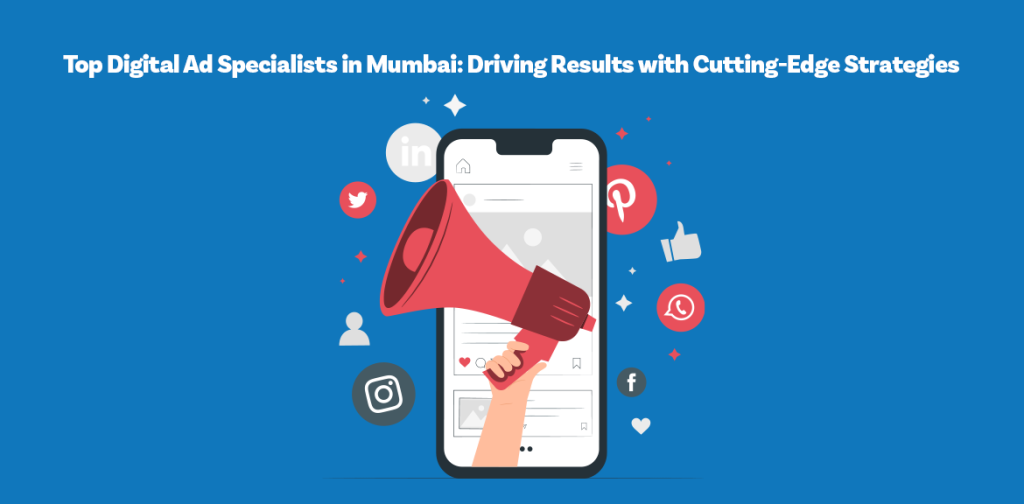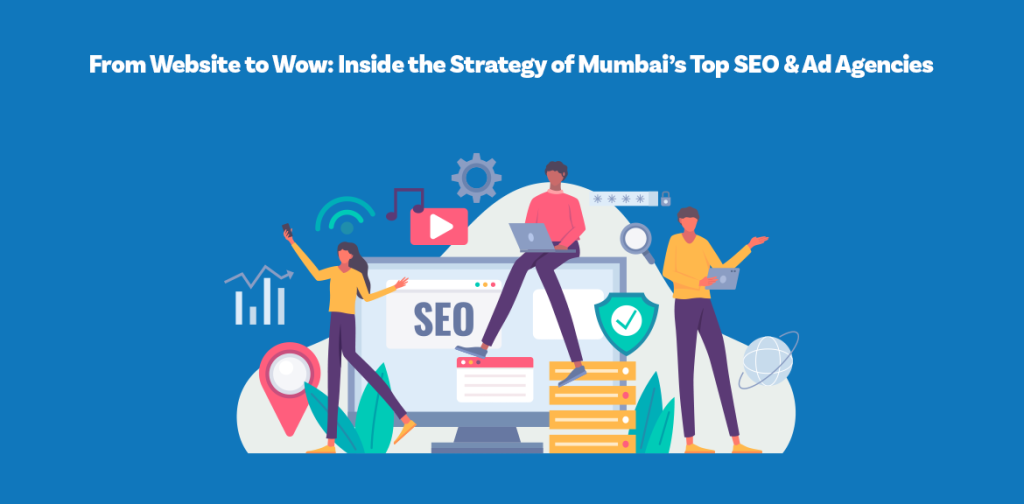SEO and SMM are two distinct but interconnected digital marketing strategies aiming to increase online visibility and drive website traffic.
Difference Between SEO and SMM
-
SEO (Search Engine Optimization):
The word “SEO” refers to the technique of enhancing a website’s natural (unpaid) visibility in Search Engine Results Pages (SERPs) through website and content optimisation. Increasing a website’s rating on search engines like Google, Bing, or Yahoo is the primary goal of SEO. SEO strategies like keyword research, on-page optimisation, link building, and technological optimisations are used to make a website more relevant, authoritative, and user-friendly. The ultimate objective of SEO Services Company is to draw organic traffic from people using search engines who are actively looking for particular knowledge, goods, or services.
-
SMM (Social Media Marketing):
Utilizing social media sites like Facebook, Instagram, Twitter, LinkedIn, and others to promote a brand, interact with the target market, and increase website traffic is known as social media marketing (SMM). It encompasses creating and sharing content, running paid advertising campaigns, fostering community engagement, and leveraging social media influencers to expand reach and brand visibility. SMM focuses on building a strong social media presence, increasing brand awareness, and driving traffic through social media channels.
Key Differences:
- Purpose: Top SEO companies : primarily focus on improving organic search visibility and driving traffic from search engines. SMM, on the other hand, revolves around utilising social media platforms to promote a brand, engage with the audience, and drive traffic from those platforms.
- Channel: SEO revolves around optimising websites and content for search engines. Conversely, SMM takes place on social media platforms and utilises their features and capabilities to reach and engage with the target audience.
- Traffic Source: SEO aims to attract organic traffic from search engine users who actively search for specific keywords or queries. SMM aims to generate traffic from social media users who come across the brand’s content through social media posts, shares, or advertisements.
- Approach: SEO focuses more on technical aspects, content optimisation, and building backlinks to improve search engine rankings. SMM emphasises content creation, community management, engagement, and paid social media advertising to drive brand awareness and traffic.
- Cost: SEO can be a cost-effective strategy in the long run, as it primarily involves organic optimisation efforts and may require minimal investment in tools or services. SMM often involves paid advertising campaigns and may require a budget for content creation, influencer collaborations, and social media advertising.
In summary, while SEO and SMM aim to increase online visibility and drive traffic, SEO focuses on optimising websites for search engines. At the same time, SMM revolves around leveraging social media platforms for brand promotion and engagement. A comprehensive digital marketing strategy often integrates SEO and SMM to maximise online presence and reach a wider audience.
Whether to focus more on SEO or SMM as a brand depends on various factors, including your goals, target audience, industry, resources, and overall marketing strategy. Both SEO and SMM have their unique benefits and can complement each other when implemented together. Here are some considerations to help you decide:
- Brand Awareness and Visibility: SMM can be highly effective if your primary goal is to increase brand awareness and visibility. Social media platforms offer vast opportunities to reach and engage with a wide audience, allowing you to create a strong brand presence and generate buzz around your products or services. SMM can help you build a community of loyal followers and brand advocates.
- Long-Term Organic Traffic: If you are focused on long-term organic traffic and sustainable results, SEO should be a significant part of your strategy. Higher ranks in search results from optimising your website and content for search engines can generate steady organic traffic over time. SEO efforts, such as keyword research, content optimisation, and link building, can help you establish your brand as an authority in your industry.
- Target Audience Behavior: Consider the behavior of your target audience. Are they actively searching for your products or services on search engines? If yes, investing more in SEO can be beneficial. Focusing on SMM may yield better results if your audience is highly engaged on social media platforms and tends to discover and interact with brands through social channels.
- Budget and Resources: Assess your budget and available resources. SMM often involves paid advertising campaigns, content creation, and community management, which may require a financial investment. Although it may require initial optimisation efforts and potentially some tools, SEO can be more cost-effective in the long run. Evaluate which strategy aligns better with your budget and resource capabilities.
- Industry and Competition: Analyse your industry landscape and the level of competition. Conduct competitor analysis to determine how your competitors are leveraging SEO and SMM. You may use this to find areas where your brand can stand out and fill those gaps. Consider your industry’s best practices and trends to determine the optimal balance between SEO and SMM.
Ultimately, a well-rounded digital marketing strategy often combines elements of both SEO and SMM. Assess your specific business objectives, target audience, and available resources to determine the appropriate emphasis on each strategy. Analyse data and analytics frequently to assess the success of your work and make necessary corrections. Flexibility and adaptability are key to optimising your brand’s online presence.
FAQs:
- What is the difference between SEO and SEM?
SEO (Search Engine Optimization) focuses on optimizing your website to improve organic search rankings, while SEM (Search Engine Marketing) involves paid advertising to increase visibility on search engine results pages.
- Which strategy is better, SEO or SEM?
The choice depends on your goals and budget. SEO offers long-term benefits and organic traffic growth, while SEM provides immediate visibility and can be effective for specific campaigns or short-term goals.
- Can SEO and SEM be used together?
Absolutely! Combining SEO and SEM can yield optimal results. Using SEO for organic rankings and long-term visibility and SEM for targeted campaigns can create a comprehensive online marketing strategy.
- How long does it take to see results with SEO and SEM?
SEO requires time to build authority and rankings, typically months. SEM provides immediate results once campaigns are set up. Both strategies require ongoing optimization for sustained success.
- Which strategy should I prioritize?
It depends on your specific circumstances. Generally, focusing on SEO for long-term growth and visibility is recommended, but incorporating SEM when needed can enhance your overall marketing efforts.


